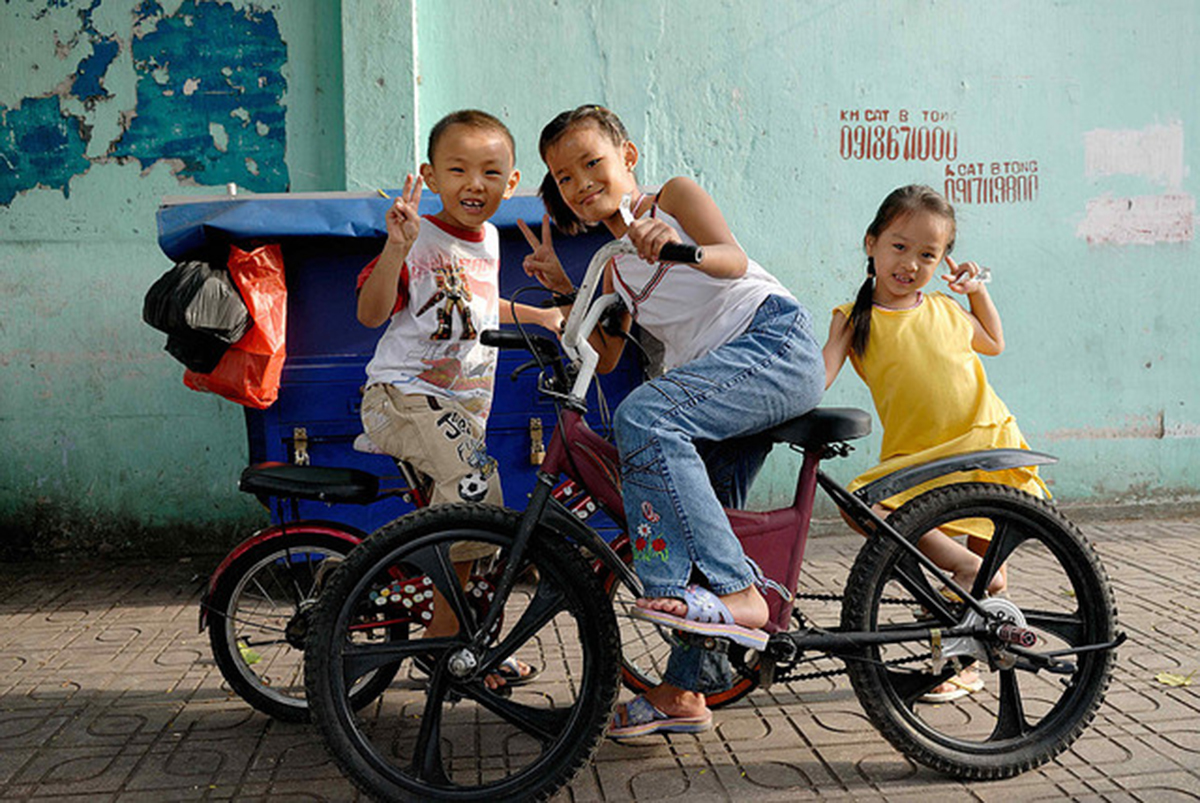Table of Contents
China recently ended its policy of limiting most families to just one child. The decision will have important implications far beyond China, especially in the United States.
The announcement of the end of the one-child rule brought many tears to American families. For tens of thousands of Americans who were adopted from Chinese orphanages, changes in the one-child rule trigger a cascade of painful questions of what if. It's important not to lump all adoptees together, but certain questions come up again and again. What if the two-child rule had been in place when I was a baby? Would I have grown up poor? (Most American families adopting Chinese babies are well do to.) What if I had been a better baby? Would my parents have kept me?
As one young American woman who was adopted as a baby in Changzhou puts it, "Growing up in America conferred unimaginable material advantages. I would not now be attending an Ivy League university had I stayed with my family tending the rice fields. I would not have been as free to choose my direction in life. But I have never really felt that I fit in, and I have always wondered what I have missed from the home I never knew."

Some American adoptees were abandoned late enough in life that they have some memory of what they left behind. In a 2012 interview the San Francisco Chronicle, Jenni Fang Lee told her story of being four years old, waiting for a ride from her step-brother who never came. She said she vaguely remembered her mother's long braided hair and her father's chubby cheeks. Taken to an orphanage and adopted by a Massachusetts family, she publicly recounts her years of emotional pain from her experience, even in a loving adoptive family.
Lee's comments can be paraphrased something like this:
The news that girl babies in China will no longer have to be abandoned brings about a wild maelstrom of emotions. There is joy. There is sadness. There is rage. There are questions of "Why me?" and "Why not me?"
Nothing is more demeaning than to be considered a "China doll" in one's adoptive country. Being adopted into a white family led to constant questions from other children about why she didn't look like her mother and father. It caused a disconnect from heritage that separated her from other children. When other fifth graders gave their presentations during heritage week, she did not know whether to honor her adoptive family by talking about Ireland or to pursue the even more alien option, talking about her own life in China. It led to ambiguous feelings about being teased about being Chinese; it made her angry but on some level she did not really know why.
Every day there were questions about how her birth mother really felt. Did she regret her choices? Did she long to know how her daughter was faring, or even if she was alive at all? Could she forgive her birth mother? Would her birth mother ever know?
Unlike many other countries, there is no publicly accessible birth registry that give adoptees like Lee clues of where to look for their birth parents. Their origins may always be a mystery. Some resolve, however, to keep their own children close, so that the next generation will never have to go through the pain of abandonment felt by unwanted children born under the one-child rule.
The abolition of the one-child rule, propelled by economic concerns rather than reproductive freedom, is as close to an answer as many Chinese adoptees will ever get. For them, the decision came too late, but their stories will not be forgotten.
- Wang, M. Dispatches: Ending the One-Child Policy Does Not Equal Reproductive Freedom in China. HR Dispatches. 29 October 2015.
- Ziv S. U.S. adoptee from China looks back. SF Gate. 18 September 2012.
- Photo courtesy of FennecCooper: www.flickr.com/photos/carl1226/5837918438/
- Photo courtesy of Padmanaba01 https://www.flickr.com/photos/43423301@N07/4014167635/


Your thoughts on this